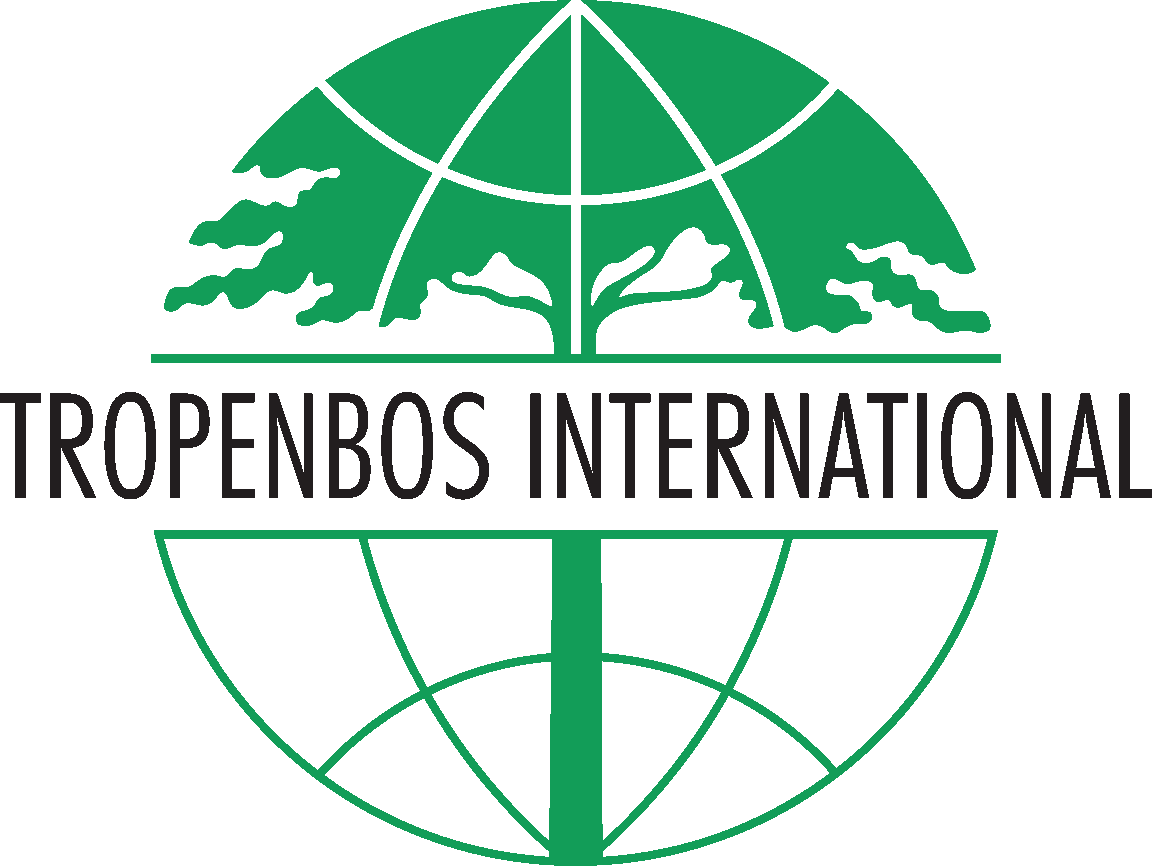Community / Land projects / Responses to challenges and opportunities in enabling and achieving inclusive and sustainable governance of fo
Responses to challenges and opportunities in enabling and achieving inclusive and sustainable governance of fo

€0
01/16 - 12/20
Completed
This project is part of
Implementing Organisations
Donors
Data Providers
General
GLA Context Analysis: Weak forest and land governance are important underlying drivers of deforestation and forest degradation. Many local communities depend heavily on forests for their daily livelihoods. They are often disproportionally impacted by deforestation, while their contribution to ecological destruction and their access to possible benefits is often relatively limited. Trends in global markets and policies provide both risks and opportunities for positive change towards inclusive and sustainable governance of forested landscapes. The Forest and Land Governance (FLG) thematic programme aims to help civil society in the GLA landscapes to build their capacity to deal with and manage the risks of international initiatives around the sustainable management of forested landscapes while fully engaging in their development and sharing in the benefits these intend to produce. The work in this programme will complement the work at the country programme level. It aims to bring about change in some of the international policies (both public and private) that are most relevant to forest governance, the accessibility of decision making processes and the capacity and competencies of CSO partners to influence these processes. It also aims to link southern CSOs amongst each other, and to link Southern with Northern NGOs that work on advocacy and policy solutions, so they can learn from each other, share experiences and take joint action.
Objectives
GLA Theory of Change 2016-2020: The GLA programme aims to address the risks and opportunities at international level that improve access to land and resources for local communities, ensure their participation in decision making processes, and support the introduction of nature-based approaches to land and forest management. The programme focuses its efforts on: A) International policies that support locally controlled and sustainable management of forested landscapes; B) Diminished illegal logging; C) The scaling up of certification of forestry, agro-forestry, commodities and landscapes; and D) Public and private financing that support inclusive and sustainable management of forested landscapes. The alliance will strengthen the capacities of participating CSOs in the south, in particular their capacities to engage with international actors such as multilateral organisations, international companies, etc.; conduct international lobbying and advocacy efforts; their ability to develop and present convincing cases and alternatives development visions; and work in (international) coalitions.
Other
See attached document for a brief summary of the Annual plans of the implementing organisations



